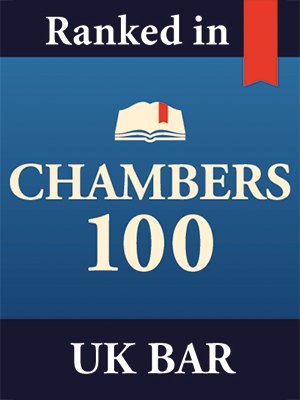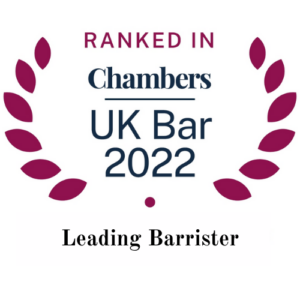Starting a new business venture is an exciting time, yet like any relationship, the journey often presents challenges.
In my work as a specialist barrister dealing with shareholder/director and partnership disputes, I often see problems that, with just a little bit more planning and forethought, could have easily been avoided.
The benefits of working in a bigger business are many. These benefits include sharing pressures and responsibilities, the opportunity to pool resources, and the chance to combine skills, experience and talent.
Doing so can really raise the bar beyond that which might be achieved through a solo venture. But going into business with others certainly does come with its own set of challenges.
While many relationships are born quickly from shared passions and enthusiasm for a business idea, far fewer are able to stand the test of time. I specialise in resolving disputes between those in business together who have fallen out for one reason or another.
Very often, things aren’t helped by the fact that solid foundations have not been set to meet the challenges that working together can entail.
So, before you dive into a new business relationship, first make sure you’ve got the fundamentals in place. Trade through a limited company or, perhaps, a limited liability partnership.
Ensure you have suitable articles of association and a sensible shareholders’ or members’ agreement.
Make sure your understanding of the respective rights of participation in management and conduct of the business is recorded and enshrined.
Make provision for access to all books, records, accounts and other information that might be required.
Agree on salary entitlements and dividend policies. Consider the merits of “good/bad leaver” provisions and “put/call” and “follow me” options.
Formalise an effective and efficient process for dispute resolution.
Strategise for exits and settle the basis and method of any future valuations of interests.
Moving forward, here are my “Top Practical Tips” which might help avoid disputes or at least enable you to resolve matters before things really start to turn sour.
- Prepare a business plan, implement it and keep it under review: acting on an impulse may sound attractive; but it is a risky strategy. Plan everything, implement your plan and then keep your plan under review.
- Agree on goals and expectations: This is key to establishing a strong foundation for your business relationship from day one. Take time to consider your shared goals, aspirations and expectations and make sure you have these set out in writing.
- Put boundaries and ground rules in place: When bad habits form, precedents are often set. It can be really difficult to re-trace your footsteps and unpick things you’re unhappy with. Set boundaries and ground rules from the start so that everyone is clear on expected conduct and working relationships; disputes often arise when uncertain boundaries are overstepped.
- Consider and play to each other’s strengths and weaknesses: If you’re forming a business relationship with another person the chances are you are both bringing different things to the table. Consider these strengths and weaknesses and build your business plan around them. A mutual respect for each other’s varied talents allows less chance of friction, competition and resentment.
- Remain honest and transparent: Most disputes involve one person doing something behind another’s back. It may involve taking money from the business account, the diversion of a business opportunity or simply the making of business decisions without reference to relevant and interested parties. If you remain honest and transparent throughout it will limit the risk of conflict.
- Keep communication open: As communication breaks down, things are likely to go downhill very quickly. Even if your conflict has already escalated and you are no longer talking, legal professionals can act as advisers or even mediators to help re-open communication channels and enable sensible negotiations to be resumed and resolution to be achieved.
- Keep personal and business relations separate: This doesn’t mean that you shouldn’t go into business with a friend, family member or partner – many very successful business relationships are forged in this way. But be careful about how you balance your personal and business relationships and keep clear boundaries in place. Your working relationship should be grounded in business and treated as such.
For further advice as to how to structure a business relationship, how to resolve a business dispute or more practical tips, feel free to get in touch with me for an initial, confidential 30-minute chat. It’s entirely free – there’s no obligation and no charge!



